What North Carolinians Can Do When Plants Cross The Property Line
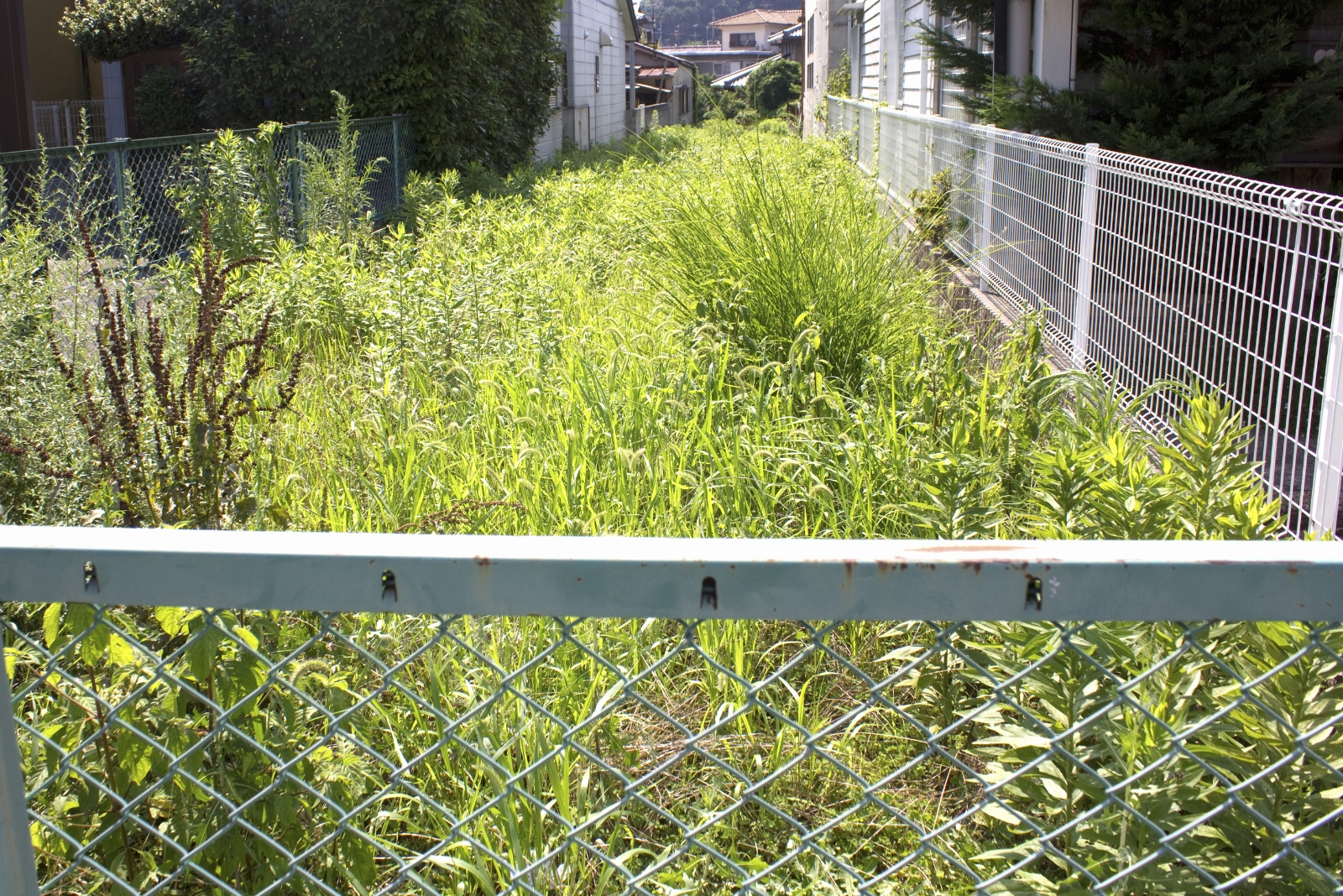
North Carolina neighbors often end up sharing more than a fence when plants begin creeping to the wrong side. I’ve had vines make that journey without warning.
Handling it calmly and correctly avoids tension. A few straightforward steps can keep the peace without harming anyone’s garden.
1. Talk to Your Neighbor First

Before taking any action, have a friendly chat with your neighbor about the plants crossing into your yard. Many folks in North Carolina appreciate a polite conversation rather than jumping straight to legal action.
Explain what’s happening and how it affects your property. Your neighbor might not even realize their tree or shrubs have grown over the line.
Most property disputes get solved through simple communication, saving everyone time, money, and stress. Building good relationships with neighbors makes your community stronger and more pleasant for everyone involved.
2. Trim Branches on Your Side
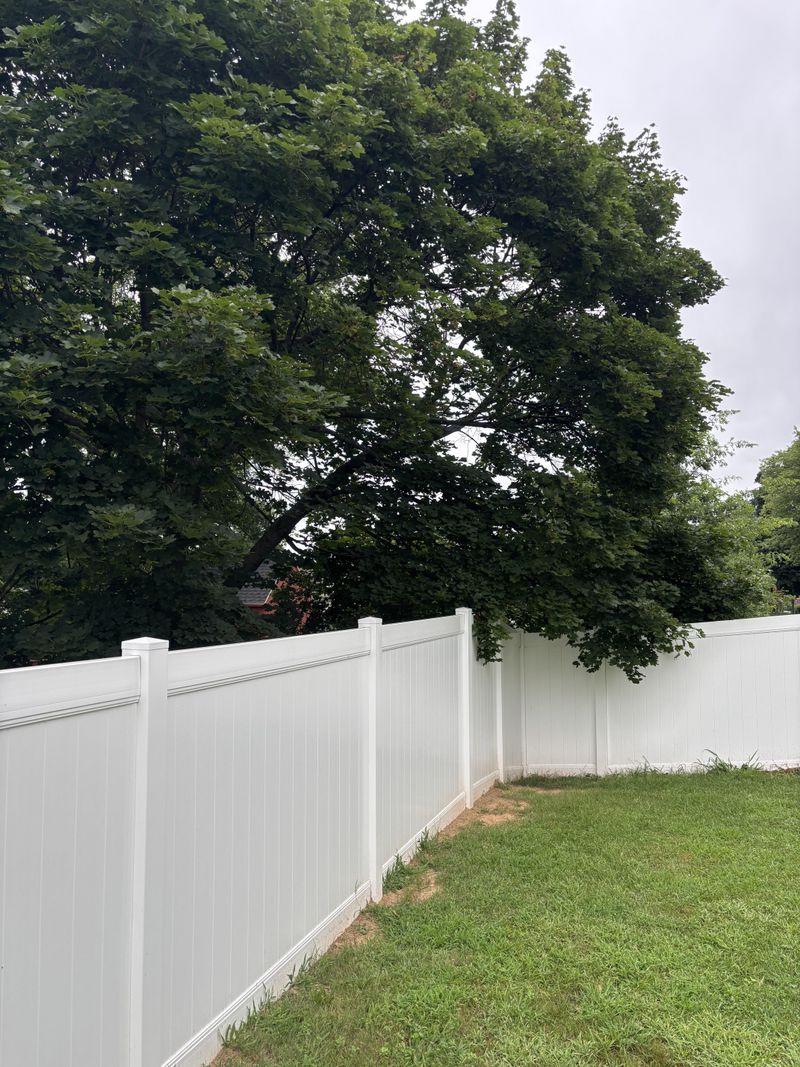
North Carolina law allows you to cut back branches and limbs that hang over your property line. You can trim them right up to the boundary without asking permission from your neighbor.
However, you must be careful not to damage the tree or cause it harm. Cutting too aggressively could make you responsible for any problems that result.
Always trim responsibly and consider hiring a professional arborist if you’re dealing with large branches. Keep the cut branches and debris on your side, and dispose of them properly according to local regulations.
3. Document Everything Carefully

Take clear photos and videos of the plants encroaching on your property from multiple angles. Write down dates when you notice new growth or damage caused by roots or branches.
Keep copies of any letters, emails, or text messages you exchange with your neighbor about the situation. Documentation becomes incredibly valuable if disagreements escalate or you need legal proof later.
Many North Carolina homeowners have found that good records help resolve disputes faster. Store everything in a safe place, either digitally or in a physical folder you can access easily.
4. Understand Root Removal Rights
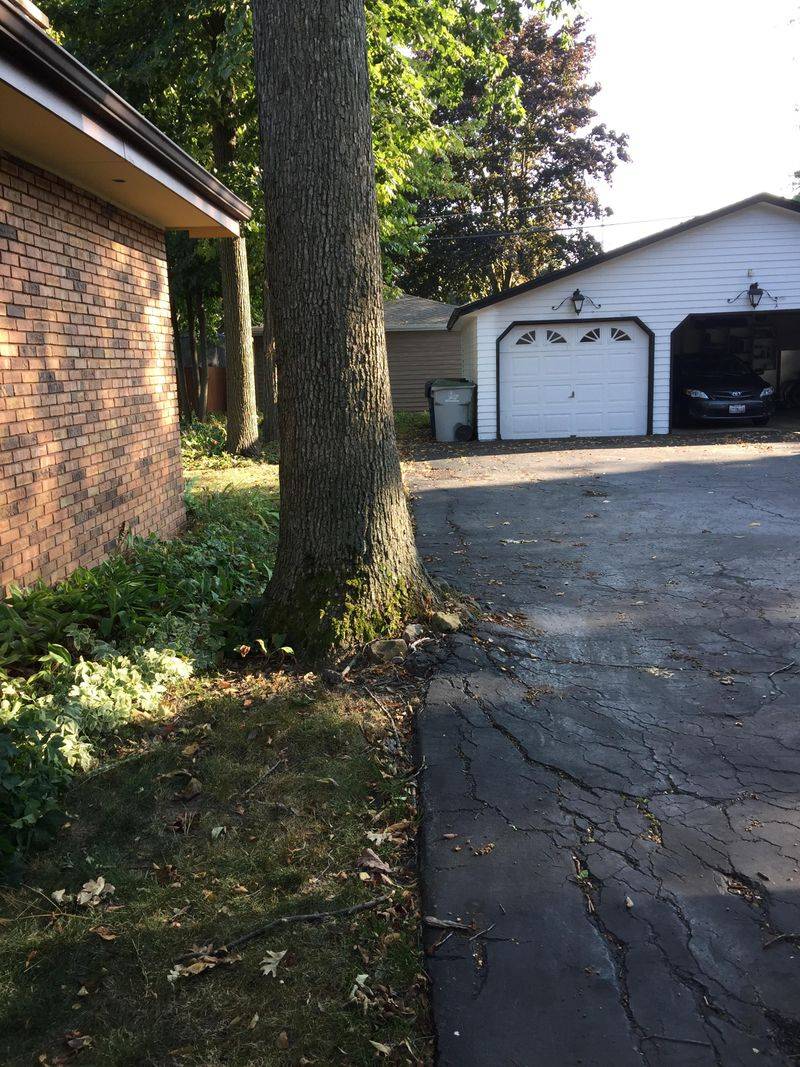
Roots growing under your property can crack foundations, damage pipes, and ruin driveways. North Carolina residents have the right to remove roots that cross onto their land, just like overhanging branches.
Be extremely cautious when cutting roots, as removing too many can destabilize the entire tree. A falling tree could cause serious property damage and potential liability issues.
Consult with a tree expert before taking action on significant root systems. They can advise you on safe removal techniques that protect both properties and prevent future problems from developing.
5. Send a Formal Written Notice
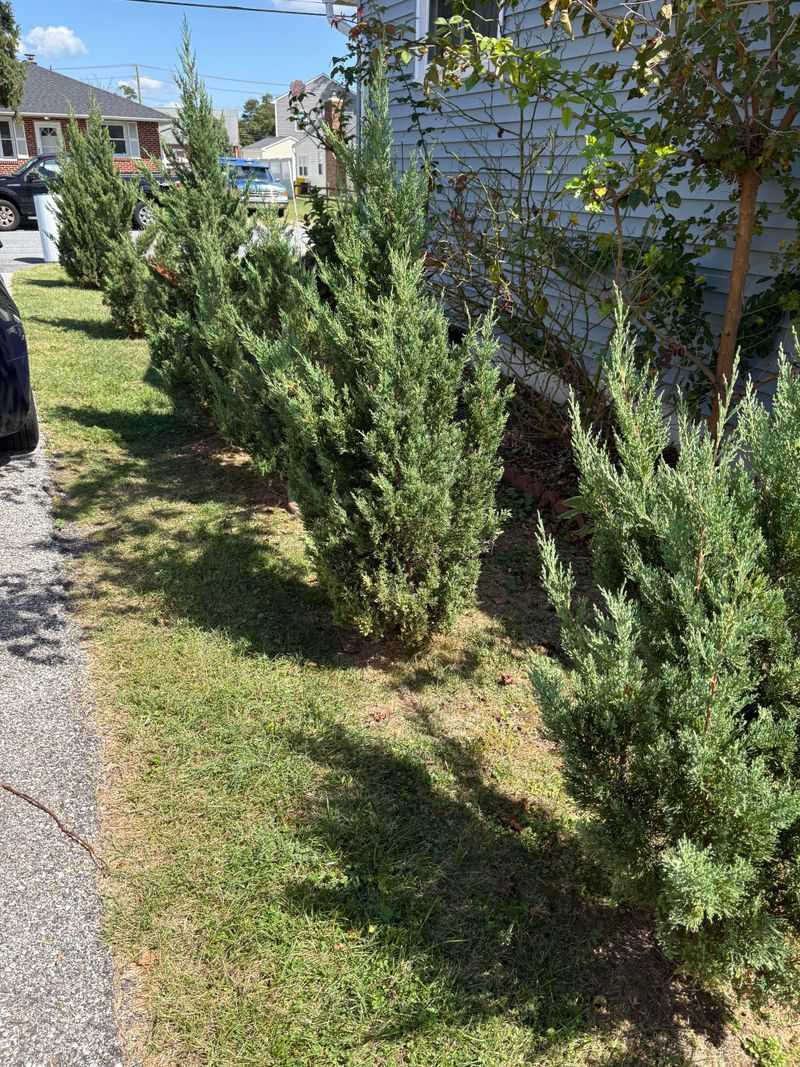
If friendly conversation doesn’t work, send your neighbor a formal letter explaining the problem and requesting action. Use certified mail so you have proof they received your communication.
Include specific details about which plants are causing issues and what you’d like them to do. Be polite but firm, and set a reasonable deadline for response or action.
Keep a copy of the letter for your records, as it shows you made genuine efforts to resolve things peacefully. North Carolina courts appreciate seeing that property owners tried working together before seeking legal help.
6. Contact Your Homeowners Association

Many North Carolina neighborhoods have homeowners associations with specific rules about landscaping and property maintenance. Check your HOA guidelines to see if they address vegetation crossing property lines.
File a formal complaint with your HOA if your neighbor’s plants violate community standards. The association can enforce rules and sometimes mediate disputes between neighbors effectively.
HOAs often have more power to require action than individual homeowners do. They might issue fines or require the neighbor to trim their plants back to acceptable boundaries, solving your problem without court involvement.
7. Seek Legal Mediation Services
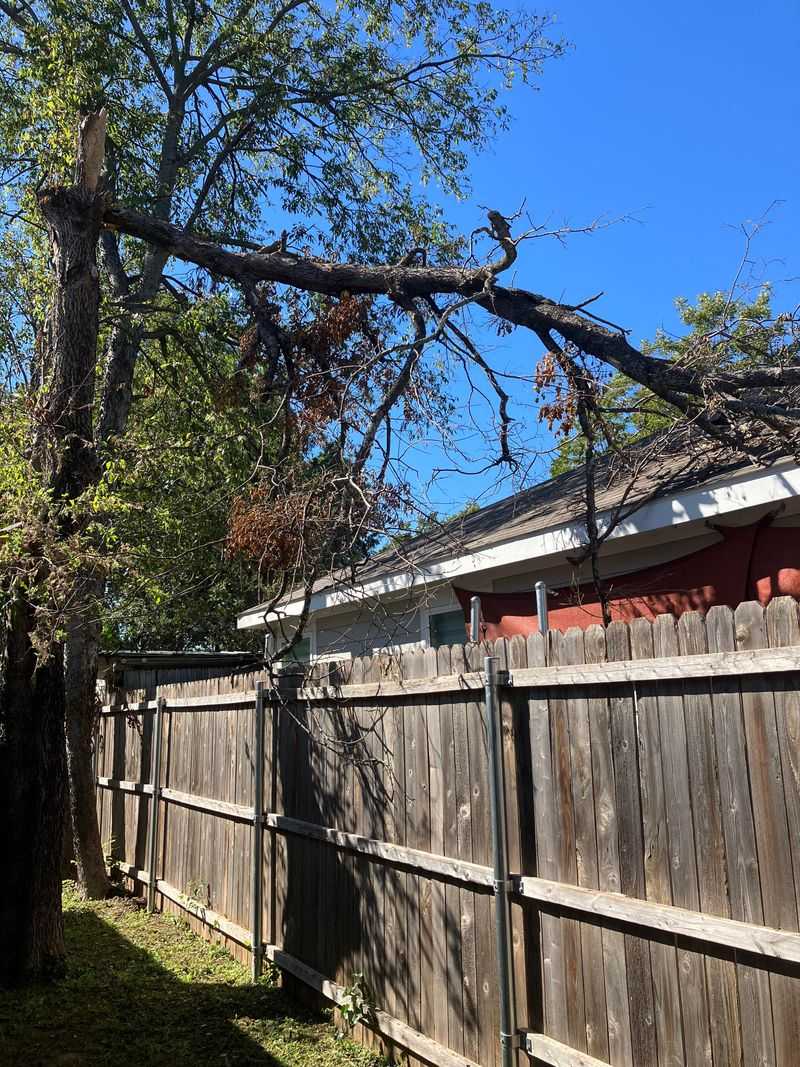
When all else fails, professional mediation offers a middle ground between doing nothing and going to court. Mediators help neighbors reach agreements without expensive lawsuits.
North Carolina has community mediation centers that charge reasonable fees or sometimes offer free services. A neutral third party can help both sides understand their rights and find fair solutions.
Mediation resolves most property disputes faster and cheaper than court battles. Both neighbors can express concerns, and the mediator guides everyone toward compromise that respects property rights while maintaining neighborly relationships going forward.






